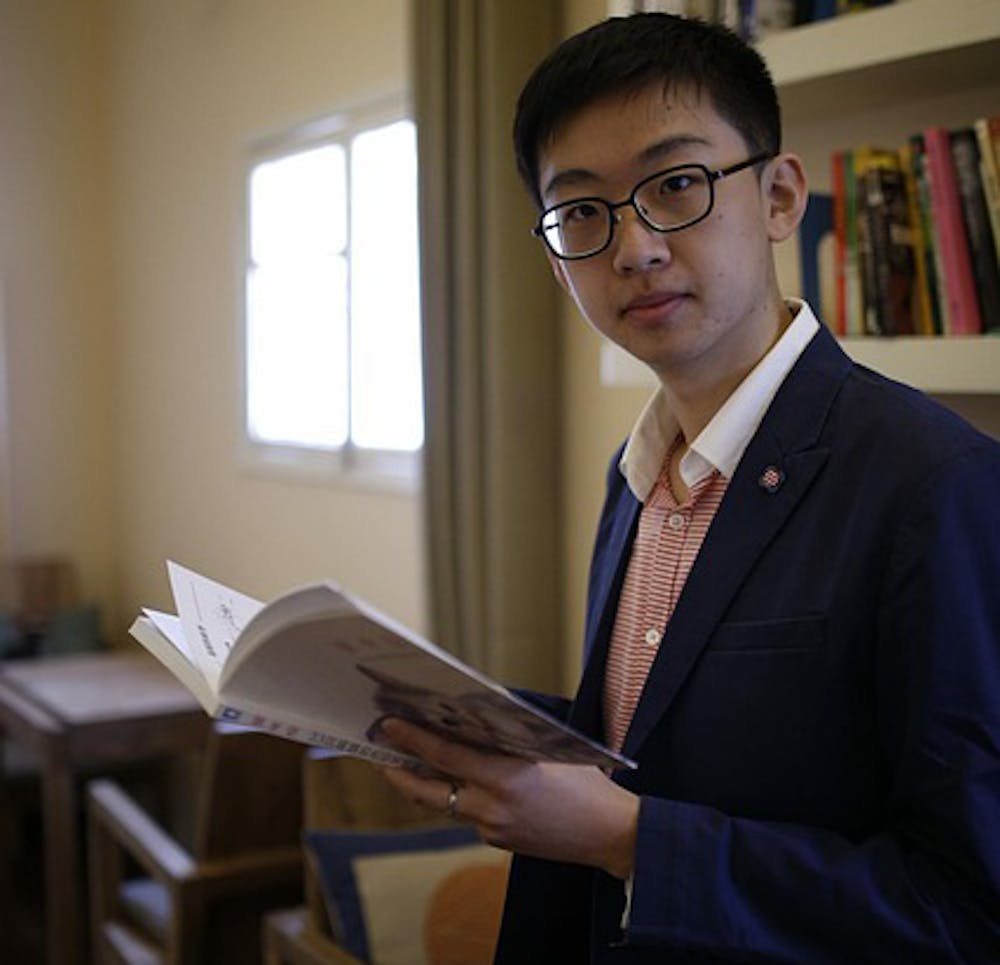Life has changed drastically for international students studying in the US with the election of Donald Trump. Once he took office, he began a series of executive orders that have created a hostile and fearful climate for the over one million foreign students in American colleges and universities. These orders have included mass deportations of illegal immigrants, proposed travel bans from up to 34 countries, and the threat to cut off federal aid to universities that continue to have DEI policies in place and that allow peaceful protests in support of Palestinians in the wake of Israeli attacks on Gaza.
In short, entire swaths of international students have real fear of ICE arrests and deportations, even though they are currently studying in the US on student visas. Under Trump’s presidency, these visas can be revoked at any time. The recent arrest by ICE of Mahamoud Khalil, who has led protests against Israeli actions “brought this home” in a rather shocking way. According to the Department of Homeland Security, this action was “in support of President Trump’s executive orders prohibiting anti-semitism…” It didn’t matter that many of the protesters have actually been Jewish. Counter demonstrations in support of Khalil, conducted by Jewish groups outside of Trump Tower have resulted in arrests as well.
The upshot of all of these orders and actions is that foreign students in American colleges and universities no longer feel safe, especially Latinos, Muslims, and Chinese.
American universities have a decision to make. Do they keep their funding and abandon DEI, academic freedom, and full support of their foreign student population, or do they take a stand in support of these students? Heavily-endowed institutions, such as Harvard and Yale, can afford to take a stand, for they do not depend upon federal aid for research endeavors. State universities, on the other hand, are in a wholly different position.
What a Foreign Student Population Brings to Campus
They bring historical and cultural perspectives that help contribute to a rich diversity that benefits everyone. They provide opportunities for American students to gain a better understanding of the similarities they all have as they share their goals and dreams and engage in socialization with one another. Is Latin dating all that different? Probably not. Are family units all that different? Some are, some not so much. And despite the current stance of the President that America should be for Americans only, young people understand that the world is becoming a much smaller place and that if we are to survive as a human race, we must engage in global cooperation.
What Universities Must Do Now
Foreign students arrive on a US campus expecting to have more than just a great education. They want to learn about America and how to have meaningful engagement with another culture, not just small talk in the student union.
But now, the stress of being in an environment that is not as welcoming and a political climate that is openly hostile creates anxiety and uncertainty, and that becomes a mental health issue.
Colleges and universities must do what they can to counter the current climate. They must establish campus-wide organizations or centers that support their foreign student population, providing an outlet for honest communication and seeking solutions for the issues this population faces.
Classroom instructors must be mindful that international students are “strangers in a strange land” and make extra efforts to make them feel welcome and an integral part of the classroom.
Mentoring programs have proven highly successful on many campuses in which incoming foreign students are paired with an upperclassman who can help them integrate into the campus environment and be “on call” to respond to issues and challenges the student faces.
Where We Stand
The foreign student population will be declining and for clear reasons. And as this happens, our universities and their studies bodies will be the losers.





